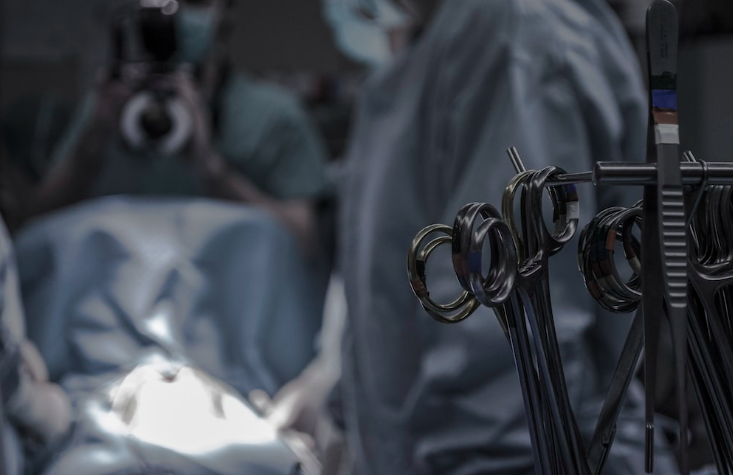Uganda Outlaws Stealing of Human Organs

Facts
- On Tuesday, Uganda’s Pres. Yoweri Museveni approved a law to prevent the stealing of human organs and tissue, as local media have reported that several women recruited for domestic work in the Middle East were tricked into medical procedures and had their kidneys sold in global trafficking rings.1
- Health Minister Jane Aceng praised Museveni for the signing of the Uganda Human Organ Donation and Transplant Bill 2023, which comes a day after the president received worldwide backlash for signing one of the world's toughest LGBTQ+ laws.2
- The new legislation, which establishes a legal framework to regulate organ and cell donation and transplants in Uganda, imposes a life sentence for any individual who removes an organ, tissue, or cell from a living donor without consent or authorization, also banning the sale of organs.3
- Last year, a joint team of investigators, including Interpol agents, probed reports of organ harvesting in four Ugandan female domestic workers who were contracted to work in Saudi Arabia and Oman.4
- Meanwhile, several dozen Ugandan doctors were reportedly accused by UN investigators in 2021 in connection with a human-organ trafficking ring, which was alleged to include police officers, city mafias, labor export companies, judicial officials, hospital staff, and others.5
- Illegal organ trade in Uganda is an annual business worth millions of dollars and is estimated to victimize between 20 and 30 people every year.6
Sources: 1Reuters, 2Al Jazeera, 3XINHUA, 4Observer (NY) (a), 5RedPepper Uganda, and 6Observer (NY) (b).
Narratives
- Narrative A, as provided by Reuters. Following the outcry of Ugandans, the government acted swiftly and strongly against the perpetrators of organ harvesting and trafficking. This legislation, the first of its kind in Uganda, will pave the way for ending the illegal market and make it safer to be a domestic worker and seek aid at hospitals.
- Narrative B, as provided by Freedom United. While several countries in the Global South, including China, the satellite nations of the former Soviet Union, and Turkey are all known hotspots for organ trafficking, only a handful have laws banning the illicit act. There are signs that governments are willing to act but there's still a long way to go.
